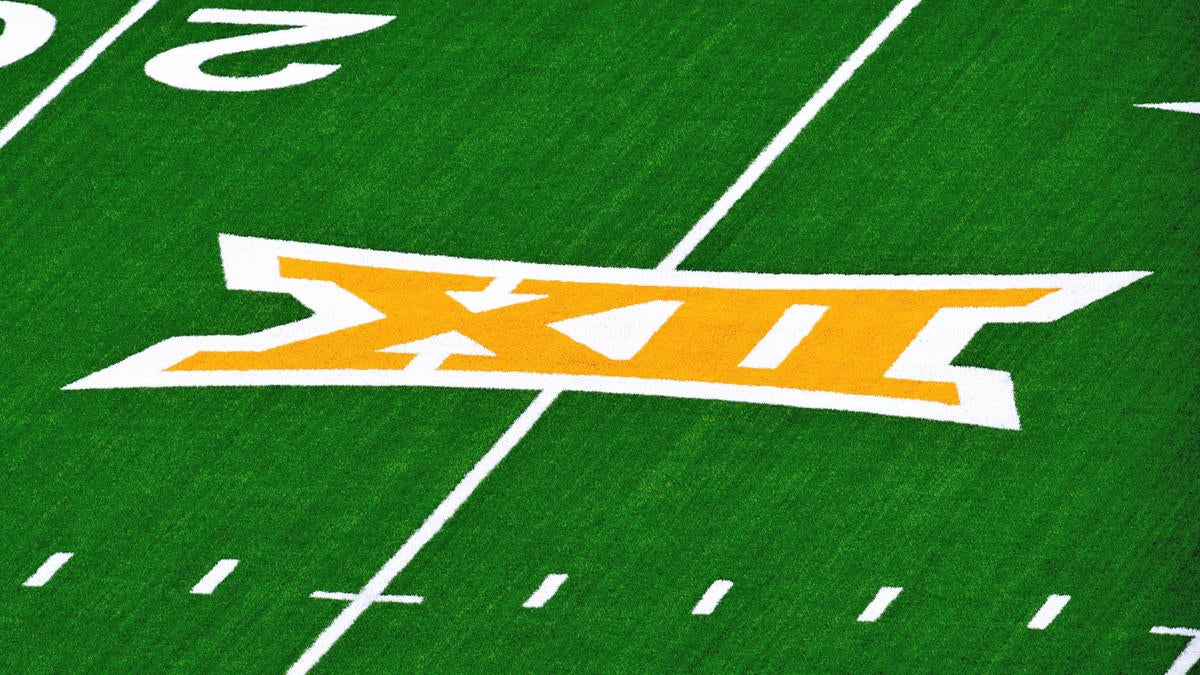
College football realignment news: Notre Dame on deck; Pac-12, Big 12 could merge; SEC vs. Big Ten playoff?
Realignment may cool off for the holiday, but it's about to pick up again any day now
 www.cbssports.com
www.cbssports.com

College football realignment news: Notre Dame on deck; Pac-12, Big 12 could merge; SEC vs. Big Ten playoff?
Realignment may cool off for the holiday, but it's about to pick up again any day now
Notre Dame on deck; Pac-12, Big 12 could merge; SEC vs. Big Ten playoff?
Realignment may cool off for the holiday, but it's about to pick up again any day now
https://www.cbssports.com/writers/dennis-dodd/By Dennis Dodd
Jul 3, 2022
The shock is wearing off ... right? Or maybe Trojans and Bruins preparing for Big Noon games (9 a.m. PT!) is still going to take some getting used to.
Fourth of July weekend is upon us, so we're going to assume realignment is taking a couple of days off. We need it. USC and UCLA need it. They need the time to buy parkas, hire tutors for five-hour plane rides and develop a taste for cheese curds. Such is the lingering impact of the two West Coast icons headed to the Big Ten.
Now, it's time to consider next steps.
Notre Dame is a talking point until it decided it's not. Its ongoing dance with conference membership goes back nearly a century. The Pac-12 is already on record as aggressively pursuing expansion. The Big 12 hasn't revealed a plan, if there it has one. It could stay at the 12 ready to go in 2025, or as industry insiders are suggesting, pick off as many Pac-12 schools as is financially wise and possibly send the Pac-12 to the dustbin of history.
Then there is the ACC, which until further notice, is looking increasingly vulnerable. If all of it sounds ruthless, we should be used to it by now. The shock should be wearing off ... right?
Nothing happens until Notre Dame decides
Pac-12 presidents and athletic directors met by phone Friday, but does the Pac-12 have any position of strength? Until Notre Dame decides on its future, there probably isn't one. Sources told CBS Sports the Big Ten was done "for now" until the Fighting Irish determine whether they want to attempt and join the conference.To entice Notre Dame to jump to the Big Ten, one source suggested Stanford could be invited as sort of a "rivalry" partner. The two schools have met 24 times in the last 25 years with the series interrupted only by the COVID-19 pandemic in 2020.
In that scenario, Notre Dame would have at least five traditional rivals (Michigan, Michigan State, Purdue, Stanford, USC) as Big Ten conference partners. With an attractive conference schedule plus three annual nonconference games, the Irish could easily continue their "Shamrock Series" of one-off games around the country.
The Big Ten could stop there at 18 or go further, depending on the SEC's intentions. There is growing sentiment that some combination of Clemson, Florida State and Miami could migrate to the SEC. That assumes any of the three would bring pro rata (equal value) to the teams already in the league. That's $80 million-$100 million annually in media rights fees.
Breaking the ACC grant of rights might require a significant eight-figure exit fee, assuming the contract isn't successfully challenged in court. However, such a penalty could be financed over a period of years while the new schools reap an annual windfall.
Does that force the Big Ten to take a hard look at the likes of North Carolina and Virginia? Both were on then-commissioner Jim Delany's radar years ago before the league ultimately added Maryland and Rutgers.
With or without Notre Dame, one industry source doubted there was value for the Big Ten in inviting Oregon and/or Washington. That source went so far as to call the two schools "tweeners," not big enough to justify the $80 million-$100 million annual media rights fees but clearly better than other Pac-12 schools.
Think of Oregon and Washington more attractive to the Big 12 if the Pac-12 doesn't stick together. Speaking of that …
The stare down
Regardless of Notre Dame's decision, the next step in realignment may be a raid of the Big 12 or Pac-12 by the other conference.One industry source said the Pac-12 (without USC and UCLA) and Big 12 (without Texas and Oklahoma) compared to the "Mountain West or AAC-plus."
Attempting to poach teams from the other league is the obvious answer to improving those labels and the rights fees that go with them. A raid may not change the financial math much, but it would mean survival for one conference and a potential dissolution of the other.
One industry source described the Big 12's options as if realignment was a buffet.
- Take the Arizona schools (add the Phoenix market)
- Take the Arizona and mountain schools (Colorado and Utah)
- Attempt nearly a full-on merger with the Pac-12 by adding the Arizona schools, mountain schools, Oregon and Washington
"You can't trust anybody," said one Pac-12 source of the major-college football climate. "It's over."
